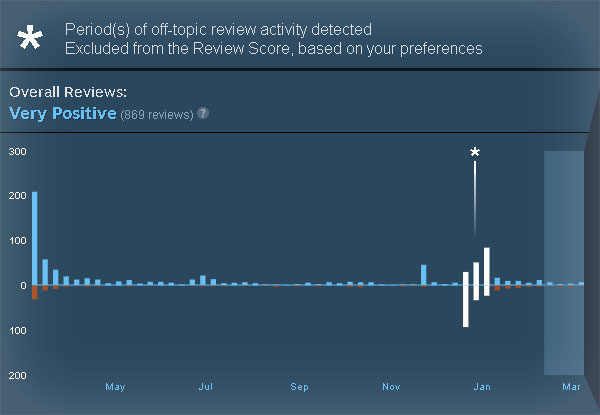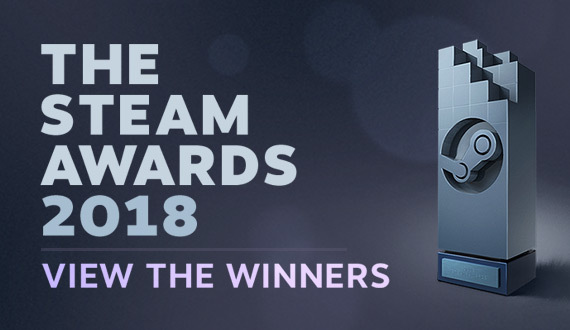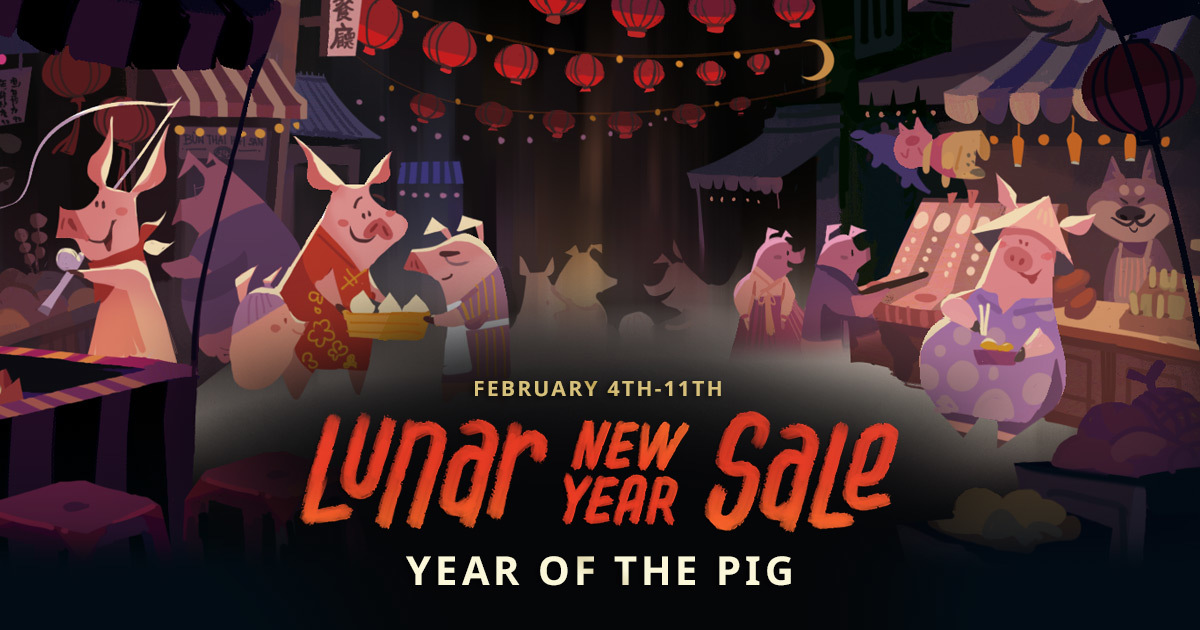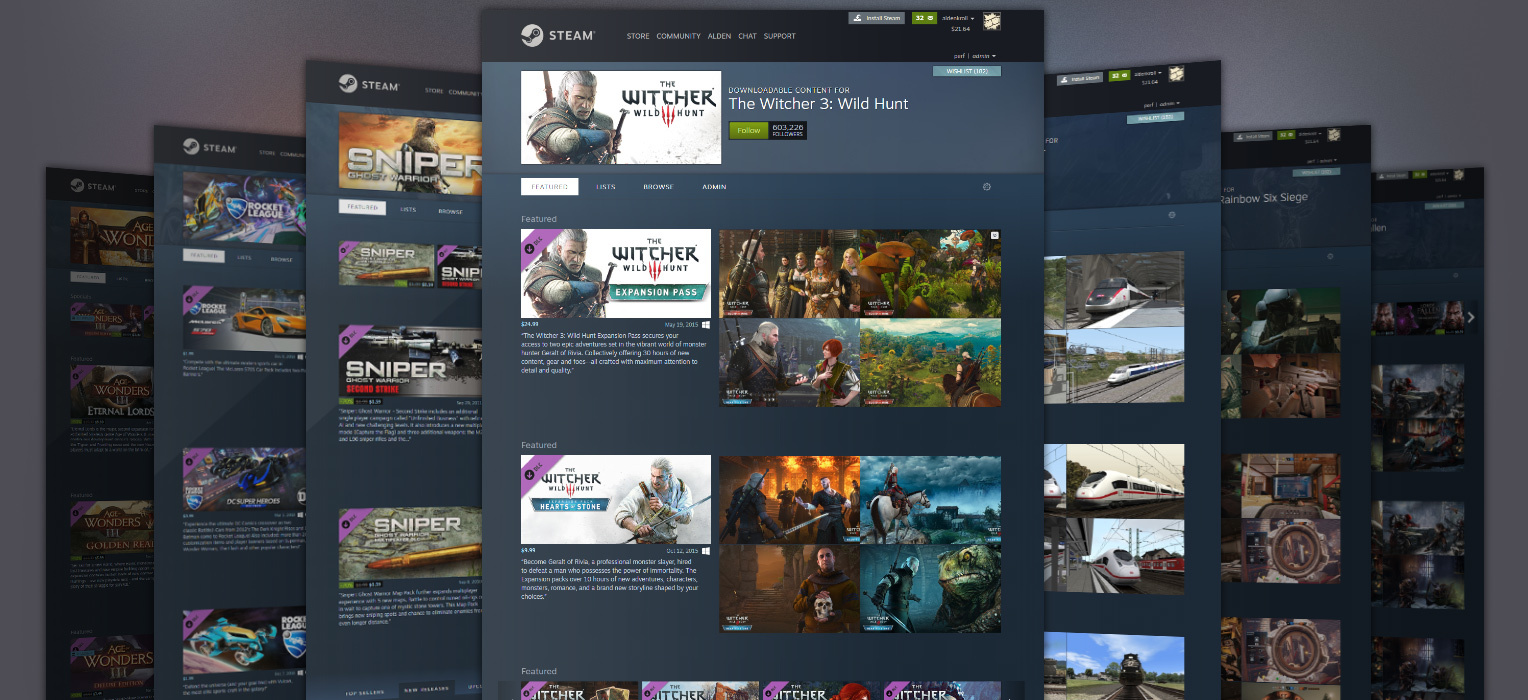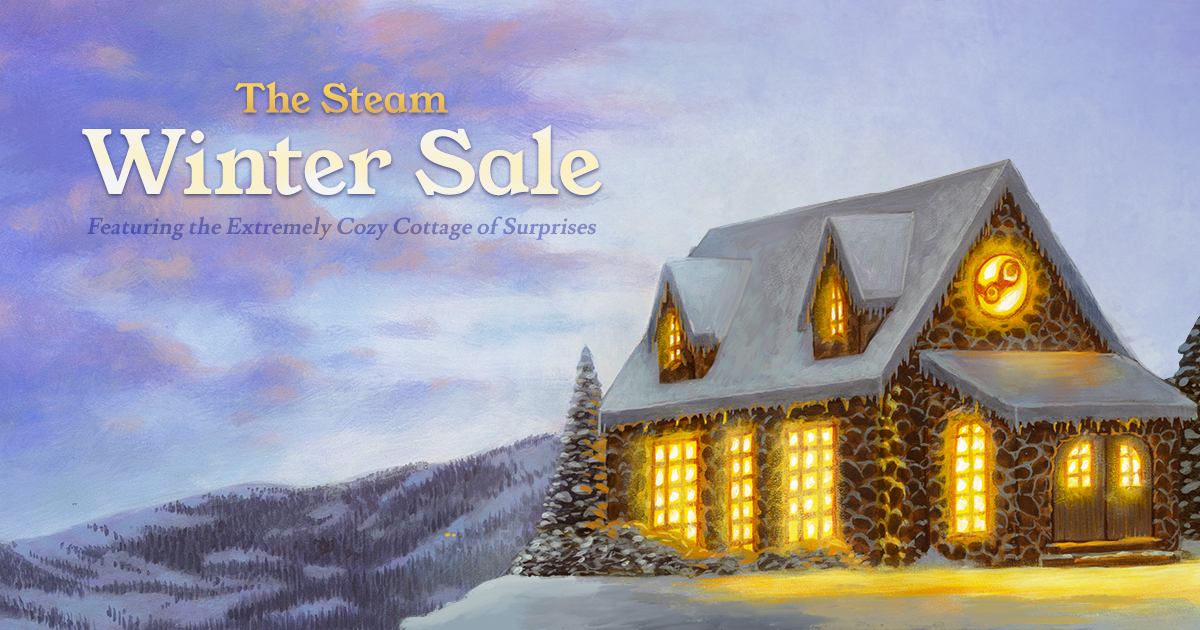
May 21, 2019
Steam News - the gish

The new Steam Chat mobile app is a modernized Steam chat experience available for free on iOS and Android platforms.
The app includes many key features of the Steam Client desktop chat, including:
- Friends List - See who’s in game or online at a glance. Never miss an opportunity to play.
- Rich Chat - Your chats get even better with higher fidelity links, videos, tweets, GIFs, Giphy, Steam emoticons, and more.
- Invite Links - Add new friends on Steam with a link. Generate an invite link you can text or email.
- Customizable Notifications - Mobile notifications mean you'll never miss a message or game invite. You can customize your notifications per friend, group chat, and chat channel.
- Group Chats - Get everyone on the same page. Groups make it easier to do things like stay in touch with your communities and organize game night with your best friends.
Try it out now
iOS: get the app on the Apple App StoreAndroid: get the app on Google Play
Android users without access to Google Play can download the latest version here.
We're always interested to hear what you think of our products. If you have suggestions or opinions on the app we want to hear from you.
What's next?
We’re already working on improvements to the Steam Chat app, including voice chat. With Steam Chat moving to its own dedicated app, the original Steam Mobile app will see significant upgrades focused on account security. Our plans include better Steam Guard options to help securely log into your Steam account, such as QR codes and one-touch login, and improved app navigation.



